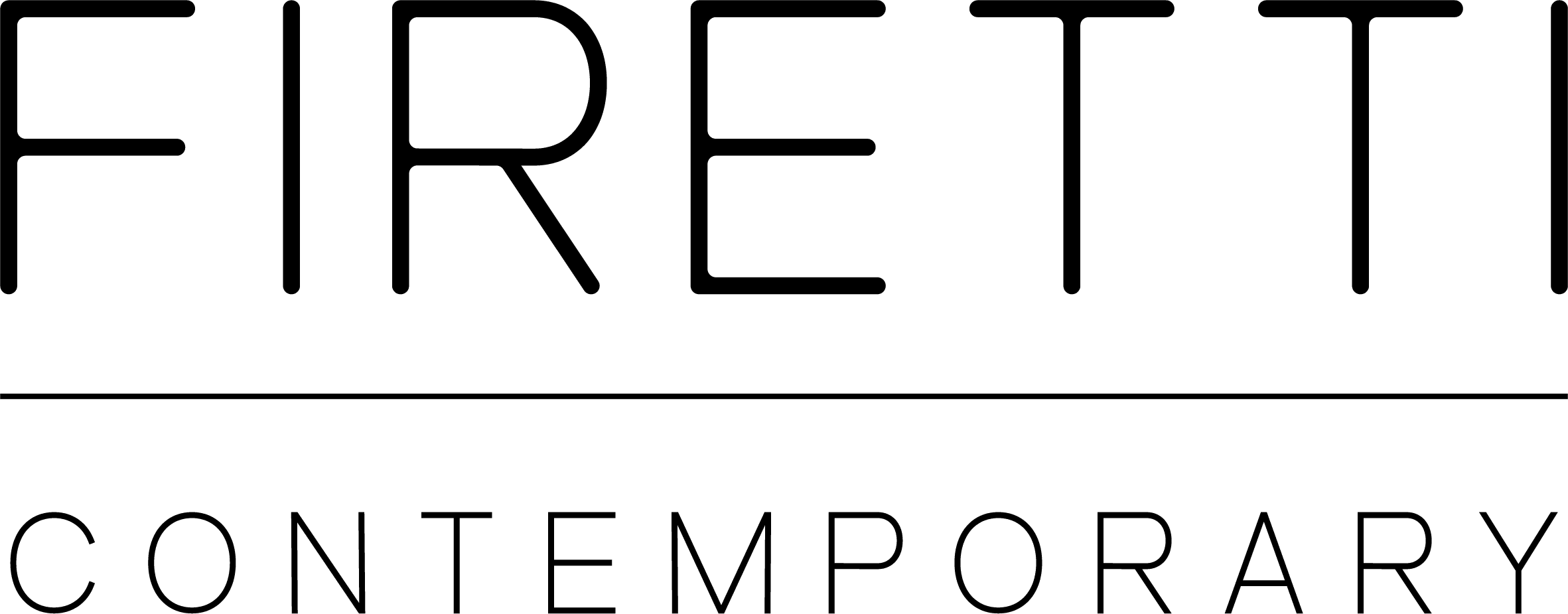Collin Sekajugo was born 1980 in Masaka, Uganda. In 2007 after traveling around Eastern and Southern Africa on a series of study tours, Sekajugo returned to Rwanda with a vision of “Using Art to Change Lives”. This mission led him to open the first visual arts space in Kigali under the name Ivuka. During this time, Rwanda was seen as a newborn baby struggling to reconcile its turbulent past and reconstruct itself. Ivuka, whose name connotes re-birth, became a center of hope for ambitious youth eager to explore life’s meaning through the arts. An incubator for creative activities, Ivuka includes a joint studio space for aspiring visual artists and a children traditional dance troupe, Rwamakondera (Rwandan horns) that brings together disadvantaged children and teaches them dance as a means of healing, educating and instilling in them a sense of hope for their future.
Inspired by the success of Ivuka and eager to extend this vision of using arts to catalyze change in his father’s birthplace, Masaka, Uganda, this self-taught artist expanded his scope to the village of Ndegeya. In 2010 Sekajugo started transforming the village into an arts destination under an initiative that he named Ndegeya Foundation. Ironically, Ndegeya, is the local name for a Weaver Bird, which is recognized for its artistically elaborate nests, reinforcing the image of this environment as a birthplace of creativity and innovation. Today Ndegeya village boasts a sculpture park with camping facilities; a village art gallery; children’s library and a youth development center. Additionally, Sekajugo runs an artists-in-residency program called Weaver Bird Residency for creatives that are eager to enjoy and seek inspirations from this special village while developing their artistic practices.
Utilizing elements of collage, precisely defined by colour, and sweeping, energetic hand-drawn lines in his works, Sekajugo proposes a conversation with the viewer; literally producing communicative art. As a passionate critic of ethnocentrism in all its forms, he draws on multiple cultural sources to create images that engage the viewer simultaneously with a sense of familiarity and strangeness in their composition. Each work is a plea for tolerance, a statement against racism, violence and discrimination; each is also an ambiguous entrance into the artist’s uncompromising view of the world, whether it be a chat or an argument.
The artist’s technique of recycling locally sourced material like Polypropylene bags in his work is a response to the inclusion of contemporary consumer materials in his art. Conversely, Sekajugo’s collage paintings are symbolic of his relationship with the community: to create a narrative that the public can relate to through working with found objects like denim fabrics and waste paper. Ultimately, his collages invite conversation on durability and sustainability as a metaphor to the cliché Africa does not produce art.
In 2017, Ivuka Arts Kigali celebrated its 10th anniversary. This important milestone has given Collin Sekajugo pause to sit back and reflect on how his humble initiative has inspired its alumni to open similar spaces such as the Uburanga Arts Studio, Inema Art Centre, Yego Art Centre and Niyo Arts Gallery.
Sekajugo's own artwork reflects on his social conscience, highlighting the link between art and community in Africa. Sekajugo has travelled extensively in Africa, Europe and North America, participating in international artists' conferences, workshops and residencies through which he is quickly gaining international name recognition. His artwork holds the distinction of being a part of the permanent collection at the Smithsonian National Museum of African Art in Washington, DC, as well as other notable private and corporate collections in the US, Europe, Africa and Asia.
Collin Sekajugo is winner of the 2019 Human Rights Award Uganda.

